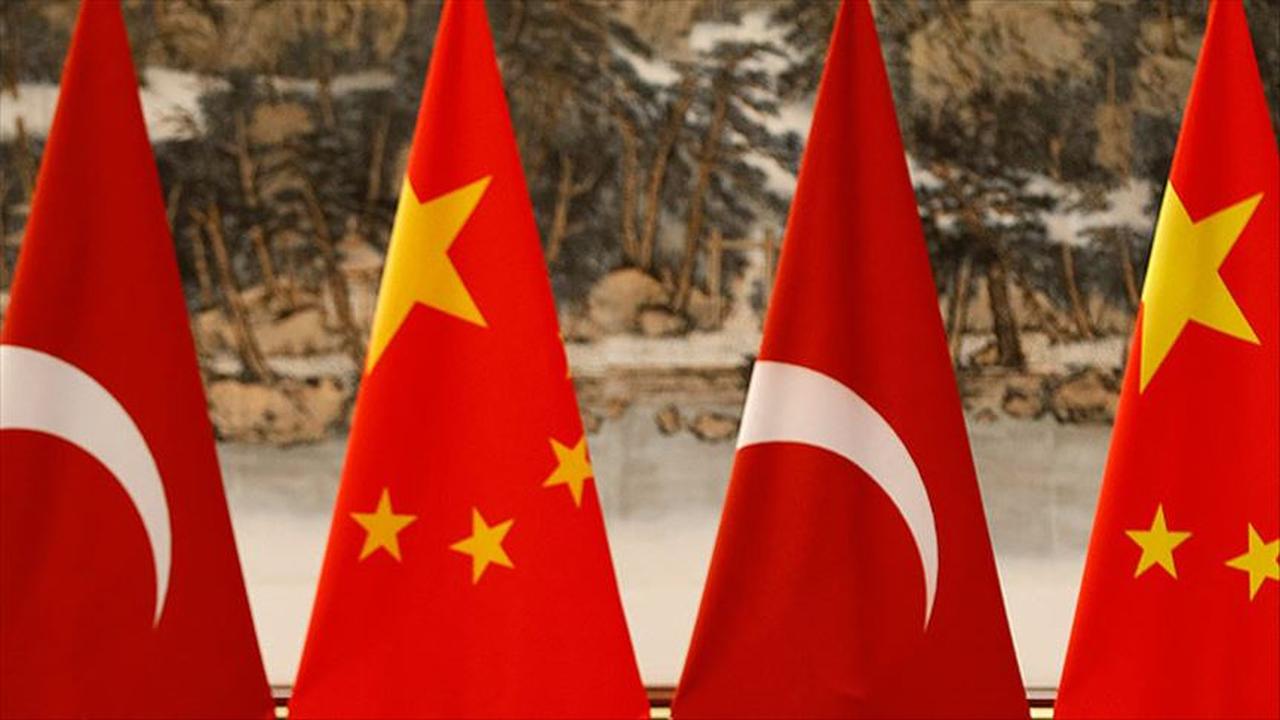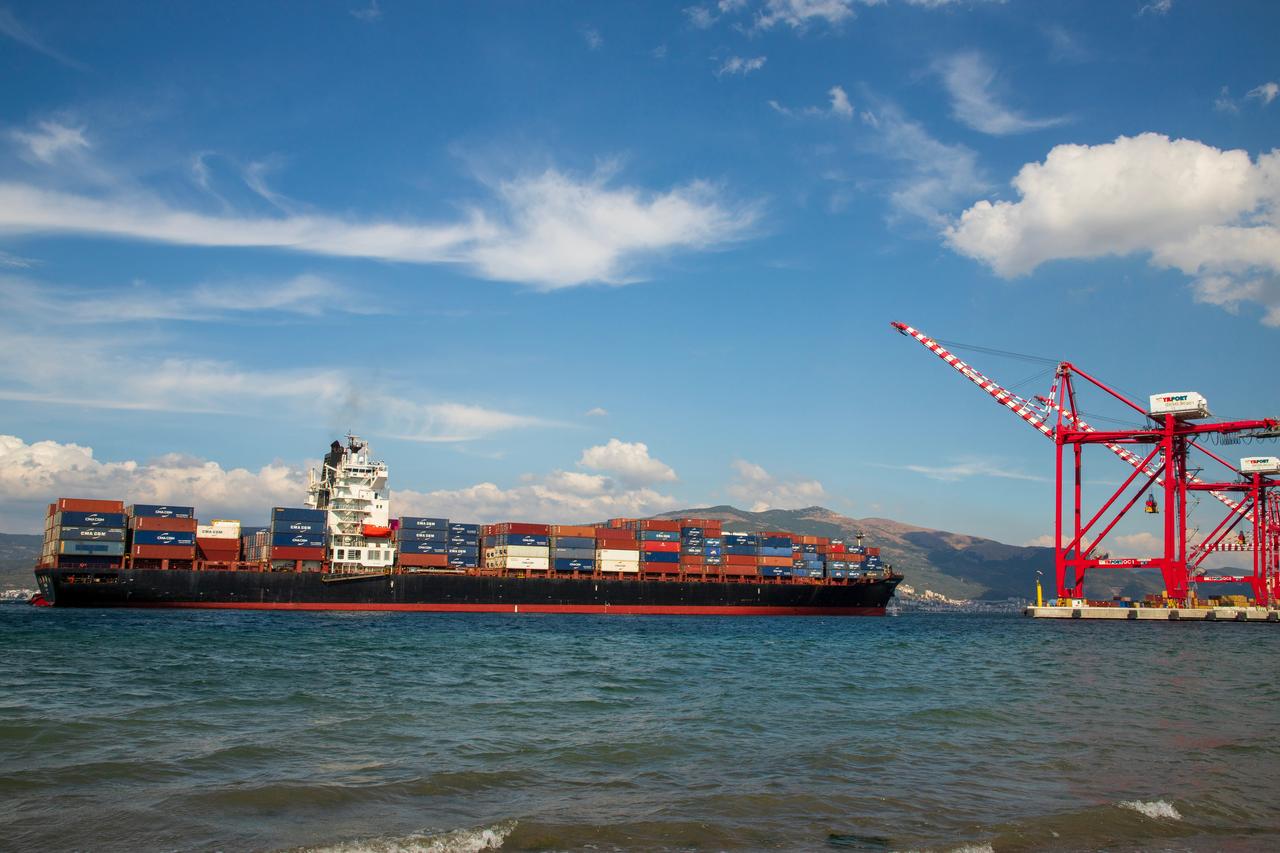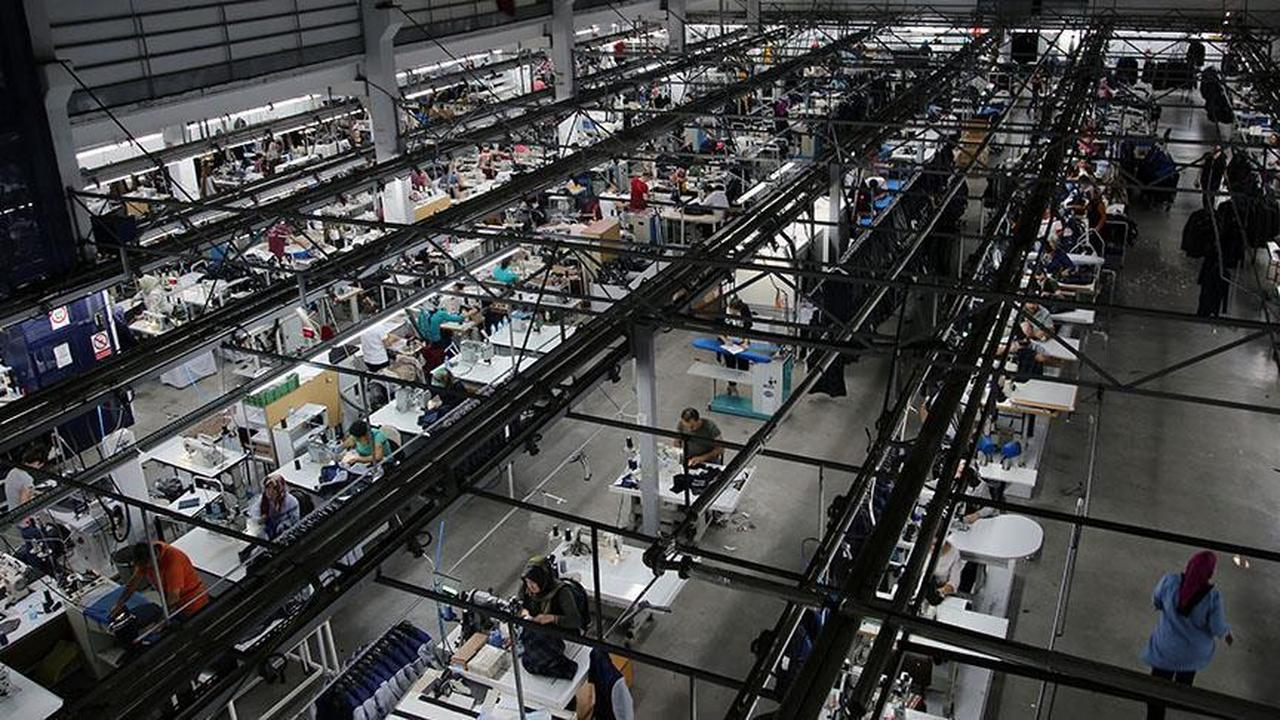
Türkiye is emerging as a prime candidate for global companies seeking to diversify manufacturing away from China, according to Istanbul Chamber of Commerce (ITO) President Sekib Avdagic. Highlighting seven strategic sectors that could give Türkiye a competitive edge, Avdagic stated that the country is well-positioned to attract investment under the widely adopted “China +1” strategy.
This strategy—gaining traction due to geopolitical tensions, the COVID-19 pandemic, and China’s strict lockdown measures—encourages companies to supplement their China-based operations with facilities in at least one additional country to mitigate risk.
Avdagic noted that Türkiye’s proximity to Europe, its Customs Union with the E.U., strong industrial infrastructure, and a young, skilled workforce make it a compelling destination.

The "China +1" strategy refers to a corporate approach in which companies reduce their dependence on Chinese manufacturing by expanding operations to other countries. Analysts say this diversification trend has accelerated due to rising trade tensions—particularly between the U.S. and China—and ongoing concerns over supply chain disruptions.
Avdagic identified Vietnam, India, Indonesia, Bangladesh, and Poland as other notable candidates for companies looking to implement this model. However, he stressed that Türkiye holds key advantages over its peers, especially for firms targeting the European market.

“The global shift away from single-source dependency opens a window for Türkiye,” he said. “But we must act. To capture this momentum, we need to improve the investment climate, strengthen institutional and digital infrastructure, target high-potential sectors in our incentive programs, and expand our logistics capacity.”
Avdagic outlined that the textile and apparel sector benefits from Türkiye’s ideal geographic location for fast delivery and its capability to produce at European standards, offering a strong alternative for European brands looking to move away from China.

In electrical and electronic goods, Türkiye’s ability to access the EU market without customs duties and its potential to supply high-quality intermediate products make the sector competitive.
The automotive industry gains strength from a robust production and supply network, growing capacity in battery systems, software, and cable technologies, as well as cost and logistical advantages.

In machinery and industrial equipment, Türkiye offers cost-effective manufacturing, engineering expertise, and an increasingly innovative R&D environment that supports regional production and assembly hubs.
The chemicals and petrochemicals sector stands out due to Türkiye’s large domestic market, its proximity to Europe, and the potential for cooperation in renewable chemicals and the Green Transformation.
In agriculture and food processing, Türkiye’s strong production of fresh produce, processed foods, and GMO-free goods—combined with halal certification—opens up significant access to Middle Eastern markets.
Lastly, the defense and aerospace sector benefits from Türkiye’s advanced capabilities in indigenous production and its NATO membership, which facilitates cooperation with Western manufacturers.
While Türkiye stands out among the six main China +1 candidates, Avdagic emphasized that realizing this potential requires decisive action. “Global firms are already implementing the China +1 strategy. For Türkiye to benefit, we must take clear steps—enhancing our investment environment, focusing incentives on these core sectors, and preparing for a more dynamic global supply chain landscape,” he said.